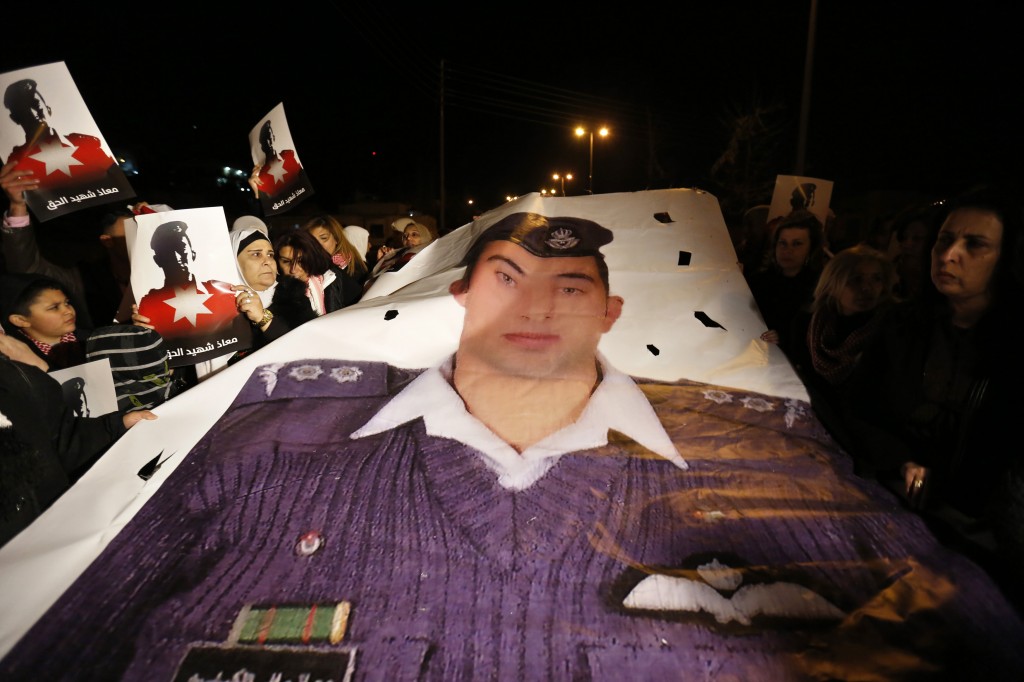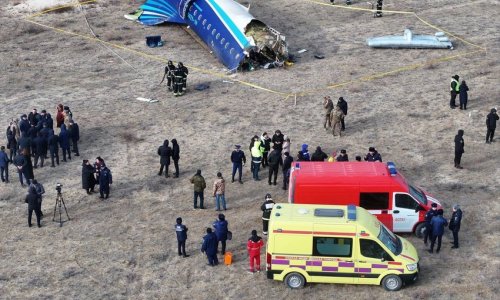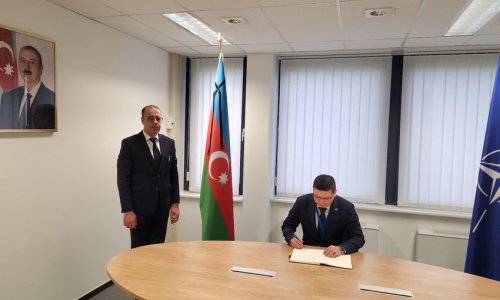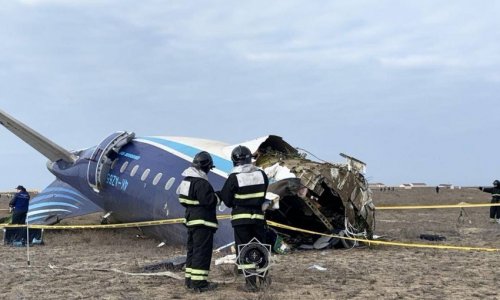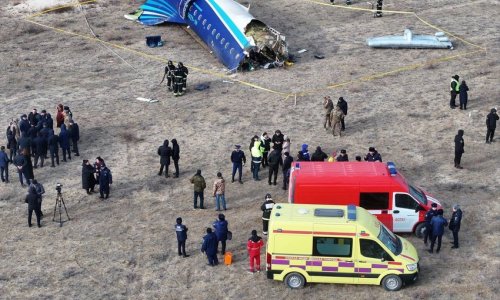A few weeks ago, did the majority of the world know the Japanese prime minister pledged $200 million in "humanitarian aid” in the war against Islamic State? Or that two Japanese citizens had been held as Islamic State hostages for months? Or that Islamic State also held a Jordanian pilot? Or, since 2005, Jordan had been holding a failed al Qaeda female suicide bomber on death row?
The world knows now. With three killings, Islamic State sent its messages viral, and watched them pay off in strategic gains.
What Islamic State accomplished
Last month in Iraq, 2,287 people were killed. No one knows how many died in the same time span in Syria and other "war on terror” hot spots. Little seems to have changed for it all. Yet, via skillful manipulation of the global media, here is some of what Islamic State accomplished via taking three lives in such a gruesome manner:
Islamic State humiliated two U.S. allies. Both sought to negotiate with the militants and both were shown to be weak and ineffectual.
The United States, which remained silent, absent the usual tropes about evil, was shown as ineffectual in being able to help its allies.
A key U.S. partner, the United Arab Emirates, announced — based on the Jordanian pilot’s capture alone — that it was suspending airstrikes unless the U.S. stationed search and rescue teams inside Iraq. The U.S. quickly announced it was doing just that, raising its on-the-ground footprint. Keeping partners in the game is crucial to maintaining the dubious claim that efforts against Islamic State are anything but an American campaign. Even with the UAE, estimates are that the U.S. conducts some 80 percent of the airstrikes itself.
The Japanese and Jordanian governments have vowed revenge, drawing them deeper into the conflict while bringing their domestic debates over the propriety of supporting what many see as America’s war into the open. Conservative Prime Minister Shinzo Abe is seizing this moment to try and push through a controversial change to Japan’s pacifist constitution. Blood always runs hot at first; it remains to be seen how many additional deaths of its own citizens a society will tolerate in the name of revenge. Will the hyper-macho images of Jordan’s king wearing a flight suit come to be seen in the same way that George W. Bush’s images of himself in a flight suit now are?
The Jordanians executed a Sunni Muslim woman, martyring her and giving new voice to her cause.
Islamic State successfully kicked off another cycle of revenge in an area of the world where such cycles can become perpetual motion engines. America cannot help but be drawn deeper into this quagmire as it struggles to hold its limited coalition together. President Barack Obama has already announced an increase in annual aid to Jordan from $660 million to $1 billion.
To its core recruitment audience, who believes in violent jihad, Islamic State saw one of its most barbaric videos broadcast globally. Islamic State is far less concerned about those shocked by the video than it is about those who will join its struggle because of the video.
War of ideas
Islamic State understands that it is waging a war of ideas, and that ideas cannot be bombed away. There is no victory or defeat per se in such a war, just struggle in epic terms.
The Charlie Hebdo killers appeared to have been inspired by American citizen cleric Anwar al-Awlaki, whom the U.S. assassinated in 2011. And for all that al Qaeda has been degraded, Islamic State has arisen as its spawn. That dead men inspire living acts of horror shows that unless the fundamental ideas driving Islamic militants are addressed, there will be no end.
The Heisenberg Effect
Absent Jordan, the bulk of the Arab world reacted to the Islamic State video with firm statements, and no action. Somehow, that remains primarily in the hands of an America that cannot seem to understand how its very presence in the Middle East exacerbates conflict.
Robert Pape and James Feldman, in Cutting the Fuse: The Explosion of Global Suicide Terrorism and How to Stop It, reviewed 2,100 suicide bombings in the Middle East from 1980 to 2009. They conclude most were fueled by U.S. intervention.
And there has been plenty of fuel for those who fan the flames. Syria became the 14th country in the Islamic world that U.S. forces invaded, occupied or bombed, and in which American soldiers have publicly killed or been killed, since 1980. This history suggests what one Marine officer called in the Small Wars Journal the Heisenberg Effect, after the physics theorem that states the presence of an observer affects the event being observed.
America’s track record in the "war on terror” is a poor one, the Islamic State video only the latest bit of evidence. You can’t shoot an idea. You defeat a bad idea with a better one. Islamic State has proven terribly effective with its bad ideas; on the American side, more than 13 years after 9/11, we need to ask, so what do you have to offer?
(http://blogs.reuters.com/)
ANN.Az
Follow us !

